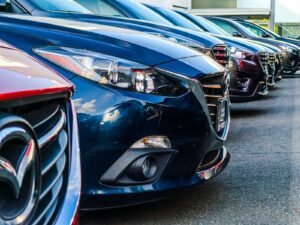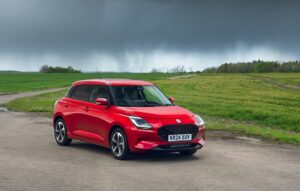What cars have lower running costs?

If you’re in the market for a new or used car, you will almost certainly be racking your brain over factors like age, mileage and cost. Making a definitive choice can be a tough task when in the supermarket, let alone when you’re planning on spending a larger sum of money.
For the majority of people, buying a car is all about compromise. Whether you’re weighing up style and practicality or performance and running costs – consumers rarely get everything they want within their budget.
For a lot of drivers, particularly those younger and newer to the roads, running costs are a significant factor when it comes to buying a car. With legal requirements like insurance, road tax and MOTs, the cost of buying a car is accompanied by running expenses that can add hundreds a month or thousands a year on top of the sale price. So, what cars usually have lower running costs and how can you factor all these in?
Insurance
If you’ve recently passed your driving test or have been involved in an accident, insurance will be an expensive addition to the cost of buying a car. Each vehicle is assigned an insurance group that partly determines how much it will cost to insure. This insurance group is factored in with the person who is being insured to drive it to provide a policy quote.
Cars in the lower insurance groups (1-10) are typically smaller and less powerful vehicles, which should mean they are cheaper to insure. If you’re a new driver or someone buying your first car, a car in a lower insurance bracket will keep your costs down.
Road Tax
Road tax is also an added expense that some don’t factor in when buying a car. Road tax is calculated based on the CO2 emissions of a vehicle when it is first registered. Cars with lower emissions will have no or less road tax to pay each year.
Again, smaller vehicles with less powerful engines will benefit from less emissions and therefore pay lower road tax. Electric vehicles with zero emissions pay no road tax whatsoever.
Engine size and Fuel economy
The cost of fuel can easily be forgotten when buying a car, but it can be a significant cost if you drive often. Cars with larger engines will ultimately burn through fuel faster. Unless you are willing to pay for that added performance, your best bet is to get a car with a smaller engine (under 1.4 litres) to keep your running costs as low as possible.
However, it is also worth considering how you will be using the car. If you’re planning on driving more often on motorways, then a larger engine may be more fuel efficient than a smaller model.





